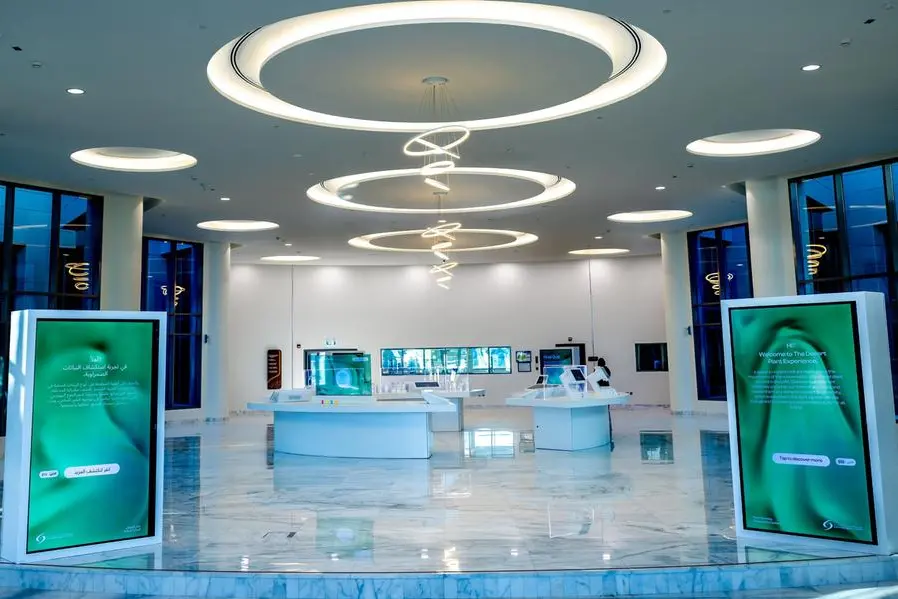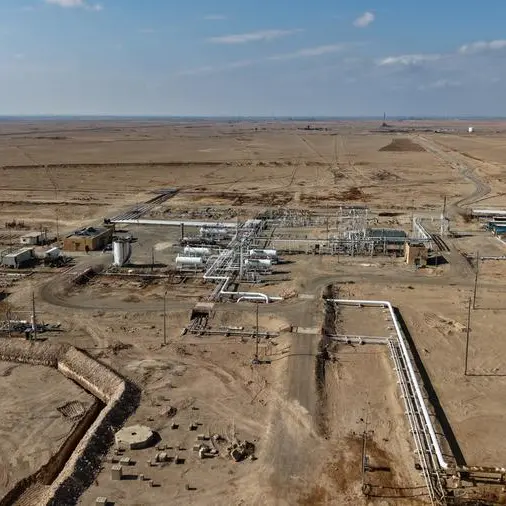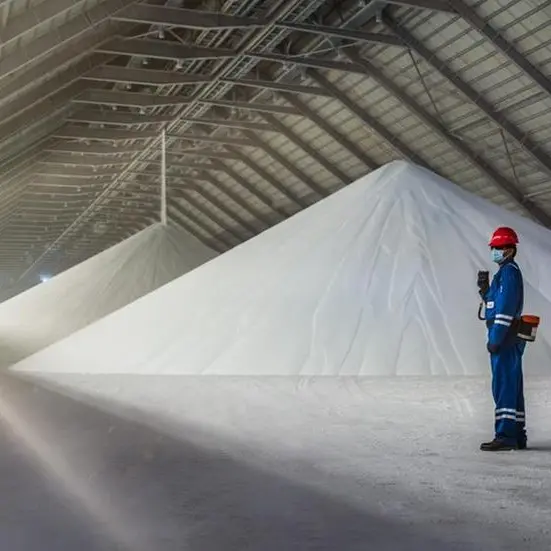PHOTO
ABU DHABI - The Environment Agency – Abu Dhabi (EAD) has emphasised its commitment to sustainability and the enhancement of vegetation cover across Abu Dhabi on World Environment Day 2024, celebrated under the theme, "Land Restoration, Desertification and Drought Resilience".
EAD has undertaken vegetation restoration projects within the officially designated Sheikh Zayed Protected Areas Network. Furthermore, it has introduced a native tree tagging programme and implemented integrated management practices for natural pastures to effectively manage grazing activities.
These projects aim to promote natural regeneration, undertake proactive land restoration, and enhance drought resilience throughout the emirate of Abu Dhabi.
Dr. Shaikha Salem Al Dhaheri, Secretary-General of EAD, stated, "At EAD, through ongoing rangeland management, we are proactively taking steps to restore degraded land, promote sustainable grazing practices, and enhance resilience to desertification and drought, which not only enhances rangeland productivity but also supports wildlife and improves overall ecosystem health and resilience.
"Our efforts to restore habitats closely align with the 'UN Decade on Ecosystem Restoration' to rejuvenate degraded ecosystems globally."
She added that the authority had collaborated with various community groups and partners to advocate for a balanced approach that integrates sustainable land use practices with ecosystem restoration priorities. This approach also supports the implementation of management initiatives to regulate grazing activities as an important tool in preserving wild plant species, which are one of the most important components of the biodiversity-ecosystem in Abu Dhabi.
EAD has initiated programmes to evaluate and assess rangelands using cutting-edge technologies with positive environmental impact, such as drones. These studies contributed to increasing EAD's ability to monitor and evaluate vegetation cover and identify areas in need of restoration.
Recently, it also inaugurated the Plant Genetic Resources Centre, marking the first-of-its-kind facility in the region. The centre's primary objective is to preserve seeds and tissues of all wild plant types and local agricultural species of importance to the UAE.
One of the EAD's key programmes is the native trees tagging project in Abu Dhabi, which targets tagging approximately 100,000 native trees—including Ghaf, Samar, and Sider—distributed across natural habitats throughout Abu Dhabi. This entails fixing metal tags containing tree-specific coding and short awareness and warning messages regarding the penalties resulting from encroachment on the natural heritage of the emirate of Abu Dhabi.
The Agency has also been actively involved in restoring 1500 hectares of critical vegetation cover in protected areas. As an integral part of this project, EAD has introduced sustainable water conservation techniques that require a minimal supply of water during temporary periods in the early growth stages of vegetation.
The Agency has also undertaken several projects to rehabilitate the vegetation cover in Protected Areas, the most important of which is the rehabilitation of the habitats of Samar trees in Jabal Hafit National Park. Through this initiative, EAD has successfully expanded the area of Samar habitats in the emirate by 25 percent using a natural rehabilitation programme that eliminates the need for continuous irrigation. In addition, the Agency rehabilitated Ghaf areas in the Arabian Oryx Protected Area and Al Yasat Marine Protected Area in Al Dhafra region.
EAD has been supporting vegetation cover by ensuring natural regeneration through increasing the seed content in natural soils. By selecting suitable native species for each identified area, EAD ensures that the introduced vegetation is well-adapted to local conditions. Native plant species are sourced from the Agency's native plant nursery in the Al Dhafra region, which propagates over 500,000 plants annually, belonging to 67 species used for restoration programmes.





















